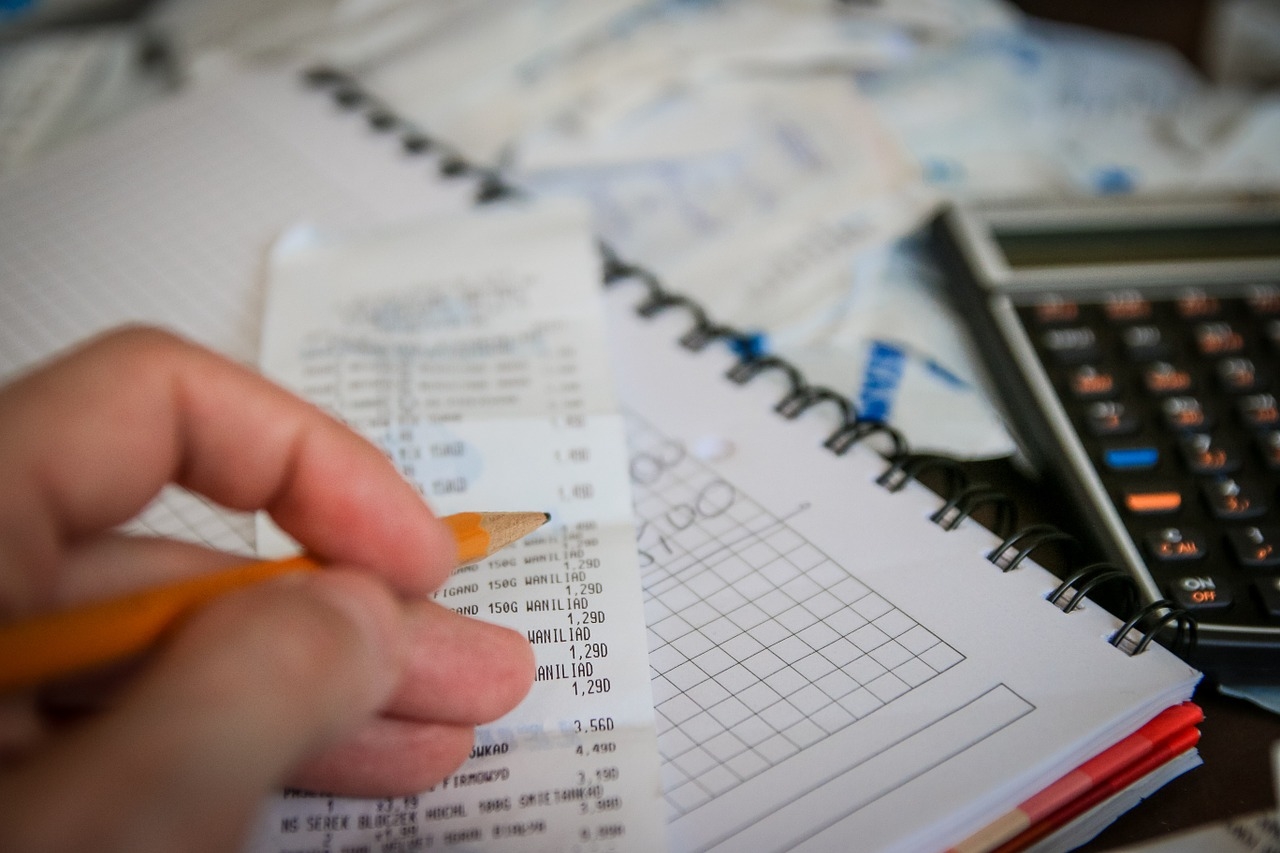— February 16, 2019

jarmoluk / Pixabay
Small and midsize business owners are always looking for ways to save money without jeopardizing the quality of their goods and services. When every penny counts, it doesn’t make sense for business owners to pay more taxes than they owe. Instead, that money could be put back into your business to facilitate growth and incentivize your workers.
Small business taxes can seem scary, but they don’t have to be when you are organized and prepared. Make it your New Year’s Resolution to be proactive in preparing to file your small business taxes. When you adopt these easy tax preparation habits to make the whole process much less stressful and much more profitable in 2019.
Good Habit #1: Get Organized
If you aren’t in the habit of saving receipts, organizing expenses into categories or keeping relevant records for tax purposes, you’ll need to get organized. If you don’t keep proof of all your business expenses, you run the risk of paying way more in taxes than you need to. You’ll also be vulnerable to audits. Whether you use accounting software, a handy smartphone app or even a shoebox, getting organized is a critical step toward building up a better set of books for tax time.
Good Habit #2: Keep the Books Up to Date
Few small business owners stay completely up to date on their bookkeeping. It always seems like something comes up and bookkeeping is the easiest thing to push to another day. Procrastination can significantly impact your ability to successfully run your business. While it’s not much fun to enter receipts into a spreadsheet or track invoices, bookkeeping is too important to brush off. Dedicate some time each week and month to keep your books current and you’ll reap the rewards during tax time.
Good Habit #3: Segregate Duties
Instituting internal controls for accounting and bookkeeping tasks is essential to protect your company from employee fraud. It’s also a good idea for more than one person to understand the day-to-day accounting functions as they relate to your company’s institutional knowledge about preparing for taxes. Effective internal controls not only reduce the likelihood of intentional and accidental money issues, but it also keeps your accounting information clear and organized for tax purposes.
Good Habit #4: Gather Important Documents
As you close out the year, it’s important that you get copies of certain financial business reports and key documents to give to your tax accountant, so you’ll get the best results. These financial business reports include a balance sheet, profit, and loss report and the current year’s major asset purchases. Other documents you will need include lease information, business loan records, deductible expense records, inventory, payroll, and the previous year’s tax return.
Good Habit #5: Keep Up with Legislation
Laws and regulations concerning taxes are changing constantly, so it’s wise to stay informed. Whether it’s federal tax law, like the Tax Cut and Jobs Act for 2018, or changes to your state law, these tax law changes have a big impact on your business. You can work with your tax accounting firm to gain more understanding on what you need to do to ensure the new or updated tax laws work in your favor as much as possible.
Business & Finance Articles on Business 2 Community
(63)
Report Post








